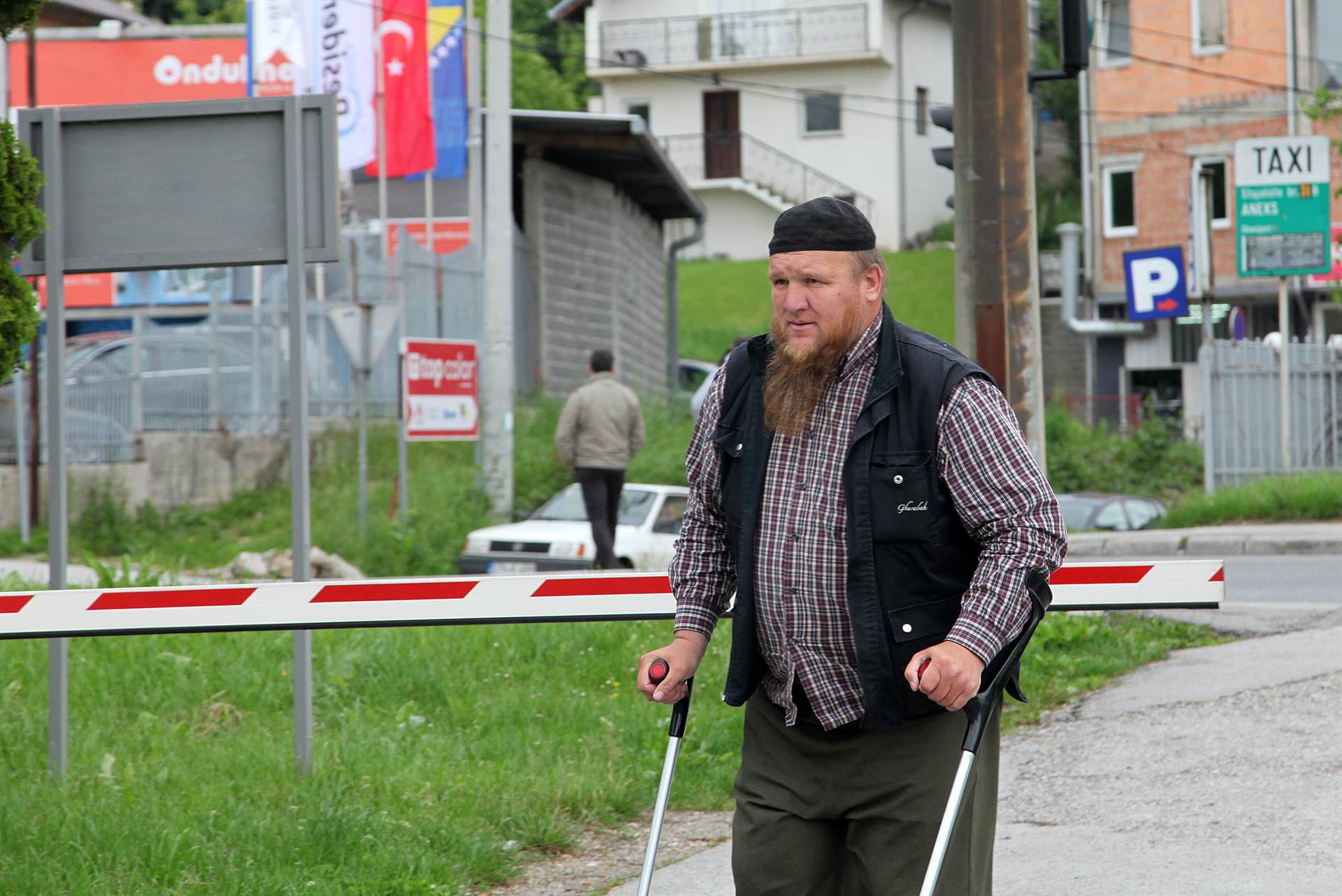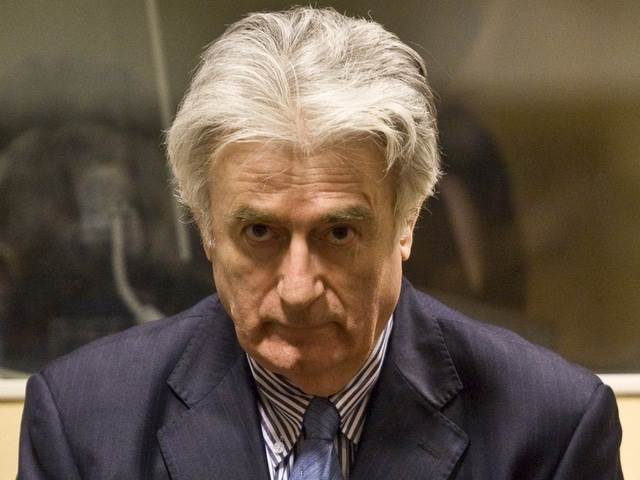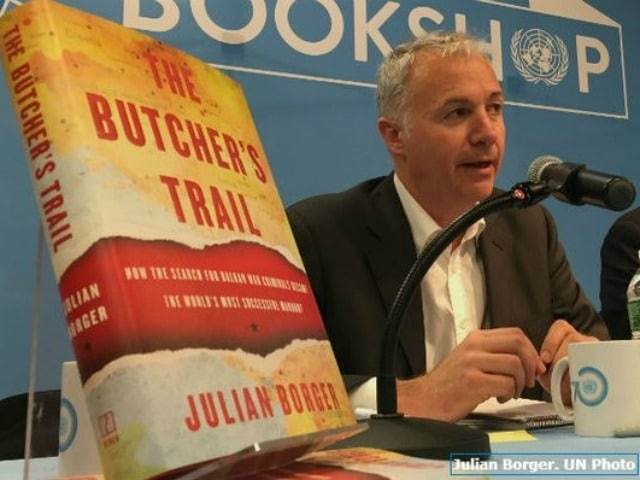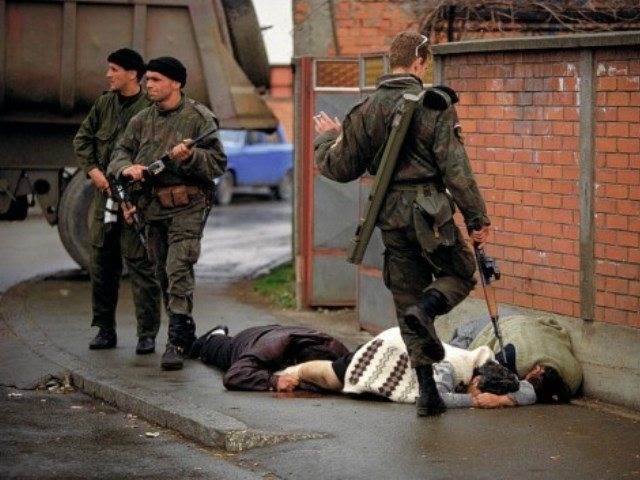Ibrahim Delic, who fought alongside mujahideen troops in the Bosnian war and is now on trial for taking part in the Syrian conflict, says anger over the suffering in the...
In a defiant interview before his trial verdict, wartime Bosnian Serb leader Radovan Karadzic insists that ‘no reasonable court’ would convict him of genocide and war crimes, despite the evidence...
Bosnian Serb leader Radovan Karadzic evaded capture for over a decade because international forces and the Serbian authorities were unwilling and then unable to arrest him, says British author Julian...
Ron Haviv, an American photographer who documented some of the most brutal murders of the war in Bosnia and Herzegovina, believes that life in this country is still intolerable and...
Hague prosecutor says the Bosnian prosecution can expect a ‘very critical’ report if it misses a deadline on war-crime cases transferred to Bosnia from The Hague.
State prosecutors say lawyer Muhidin Kapo has been threatened with murder, due to his forthcoming testimony in a war crimes trial. Kapo has requested that the case be turned over...
It remains to be seen whether judicial proceedings for war crimes and genocide will deter others from committing atrocities in the future, former Hague Tribunal prosecutor Geoffrey Nice told BIRN.
The Hague Tribunal introduced a new way of understanding genocide based on intent rather than the amount of victims, British historian Marko Attila Hoare told BIRN.
Even though he is now no longer working as a Hague Tribunal prosecutor, Andrew Cayley says he still recalls every Srebrenica witness.
Over the past two decades, the Hague Tribunal has convicted 14 people of genocide and other crimes in Srebrenica the result of investigations by a team led by French...
The chief prosecutor at the International Criminal Tribunal for Rwanda, Hassan Jallow, told BIRN about the challenges of investigating and proving that genocide was committed in the African country in...
Former Bosnian Serb parliament speaker and Hague convict Momcilo Krajisnik told BIRN that he has struggled to live with being labelled a war criminal, and wants to clear his name.




